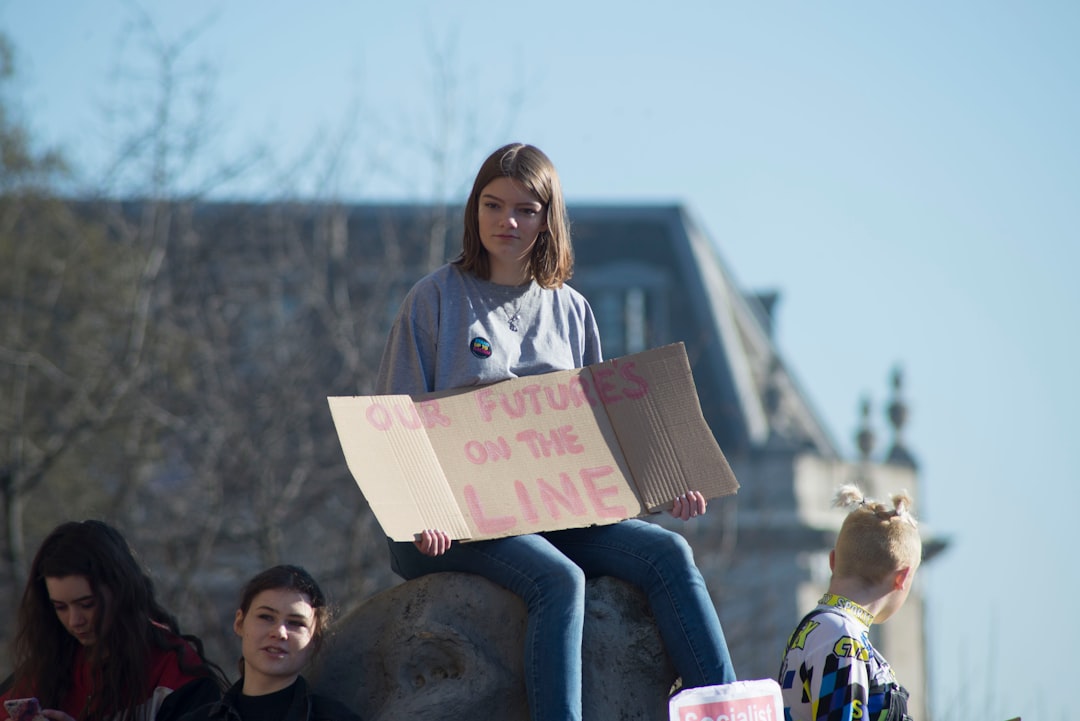What is it about?
Many schools are experimenting with alternative, more inclusive and open-ended approaches to teaching and learning. This article discusses one such approach, termed ‘Choice and Challenge’, which emerges specifically from work at the Wroxham School, led by Alison Peacock. Alison has been involved for many years in the principles of ‘learning without limits’, which resists grouping children by ability, grading and ranking them, and the narrowing of the curriculum in English primary schools. Choice and Challenge involves teachers providing children with a range of options set at different levels of ‘challenge’, and allowing them to work through the activities themselves. It aims to help children reflect on their learning in a collaborative and non-competitive environment. The small-scale research project reported on here investigated the implementation of the approach in six primary schools around England, highlighting some of its challenges and achievements.
Featured Image
Why is it important?
There is an urgent need to resist increasing trends towards grouping children by ability, grading and ranking them, and the narrowing of the curriculum in English primary schools. The approach discussed here discusses a practicable way to develop more inclusive and generous classroom cultures.
Perspectives
I’ve seen for myself how dangerous and confining it can be to ‘fix’ children by ability ‘labels’, from which some never escape. Some of the schools I visited for this project were inspiring examples of how teachers came to view children – and children to see themselves and each other - in new ways as a result of this new teaching approach and way of thinking.
Dr Sara Bragg
University of Brighton
Read the Original
This page is a summary of: Perspectives on ‘Choice and Challenge’ in primary schools, Improving Schools, February 2016, SAGE Publications,
DOI: 10.1177/1365480216631079.
You can read the full text:
Contributors
The following have contributed to this page










